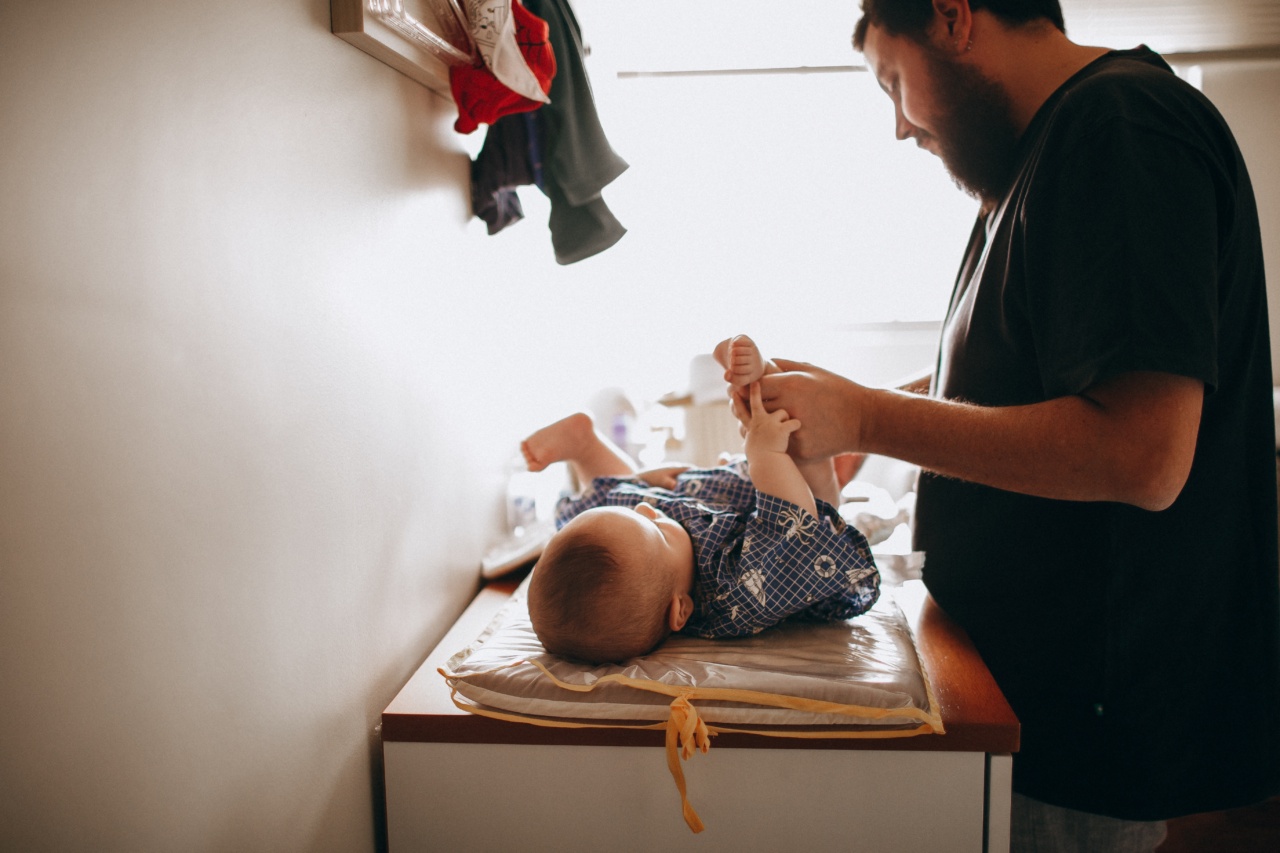As a parent, keeping your newborn and toddler safe and healthy is always a top priority. During flu and cold seasons, the risk of seasonal viruses becomes a concern for many families.
These viruses can affect people of all ages, but newborns and toddlers are particularly vulnerable due to their developing immune systems. Fortunately, there are steps you can take to protect your little ones. Read on to discover essential tips and advice on safeguarding your newborn and toddler from seasonal viruses.
1. Keep Your Home Clean
Regularly cleaning and disinfecting your home is crucial for preventing the spread of viruses. Pay close attention to frequently touched surfaces such as doorknobs, light switches, and countertops.
Use a disinfectant that is safe for infants and young children.
2. Practice Proper Hand Hygiene
Teaching good hand hygiene from an early age is essential. Encourage your toddler to wash their hands frequently with soap and water for at least 20 seconds. Make sure to lead by example and wash your hands often, especially before handling your newborn.
3. Avoid Crowded Places
Avoiding crowded places can help minimize your child’s exposure to germs. When possible, opt for outdoor activities or choose less crowded venues.
If you need to visit a public place, try to go during non-peak hours to reduce the risk of your child coming into contact with contagious individuals.
4. Limit Contact with Sick Individuals
If someone in your household or close circle is sick with a seasonal virus, it’s crucial to limit your child’s contact with them. Viruses can be highly contagious, so it’s best to create a safe distance until the person recovers.
Encourage sick individuals to wear a mask and practice good respiratory etiquette.
5. Get Vaccinated
One of the most effective ways to protect your child from seasonal viruses is through vaccination. Follow the recommended immunization schedule for your child, including flu shots.
Vaccines can significantly reduce the risk of severe illness and complications associated with certain viruses.
6. Breastfeed Your Baby
If you have a newborn, breastfeeding can provide them with essential antibodies and boost their immune system. Breast milk contains valuable nutrients that help protect your baby from various illnesses, including seasonal viruses.
If possible, exclusively breastfeed your child for the first six months.
7. Maintain a Healthy Diet
A well-balanced diet is crucial for maintaining a strong immune system. Offer your toddler a variety of fruits, vegetables, whole grains, and protein-rich foods. Avoid excessive sugar intake, as it can suppress the immune system.
Ensure your child is getting all the necessary vitamins and minerals to support their overall health.
8. Keep Your Child’s Surroundings Clean
Aside from cleaning your home, pay attention to your child’s immediate surroundings. Regularly clean their toys, pacifiers, and other objects they frequently come into contact with.
Avoid sharing these items with sick individuals to minimize the risk of transmission.
9. Practice Respiratory Hygiene
Teach your toddler to cover their mouth and nose when coughing or sneezing. Show them how to use a tissue or sneeze into their elbow instead of their hands. This practice significantly reduces the spread of respiratory droplets and helps protect others.
10. Educate and Encourage Proper Hygiene at School
If your toddler attends daycare or preschool, collaborate with the staff to promote proper hygiene practices. Ensure there are ample supplies of tissues, hand sanitizers, and soap.
Teach your child about the importance of handwashing and explain why it is essential not to share food, drinks, or personal items with their classmates.
Conclusion
Protecting your newborn and toddler from seasonal viruses requires a multifaceted approach. By following the tips mentioned above, you can significantly reduce the risk of your child falling ill during flu and cold seasons.
Remember, practicing good hygiene, maintaining a clean environment, and getting vaccinated are key components of keeping your little ones safe. Consult with your child’s healthcare provider for additional guidance and stay informed about the latest preventive measures against seasonal viruses.































